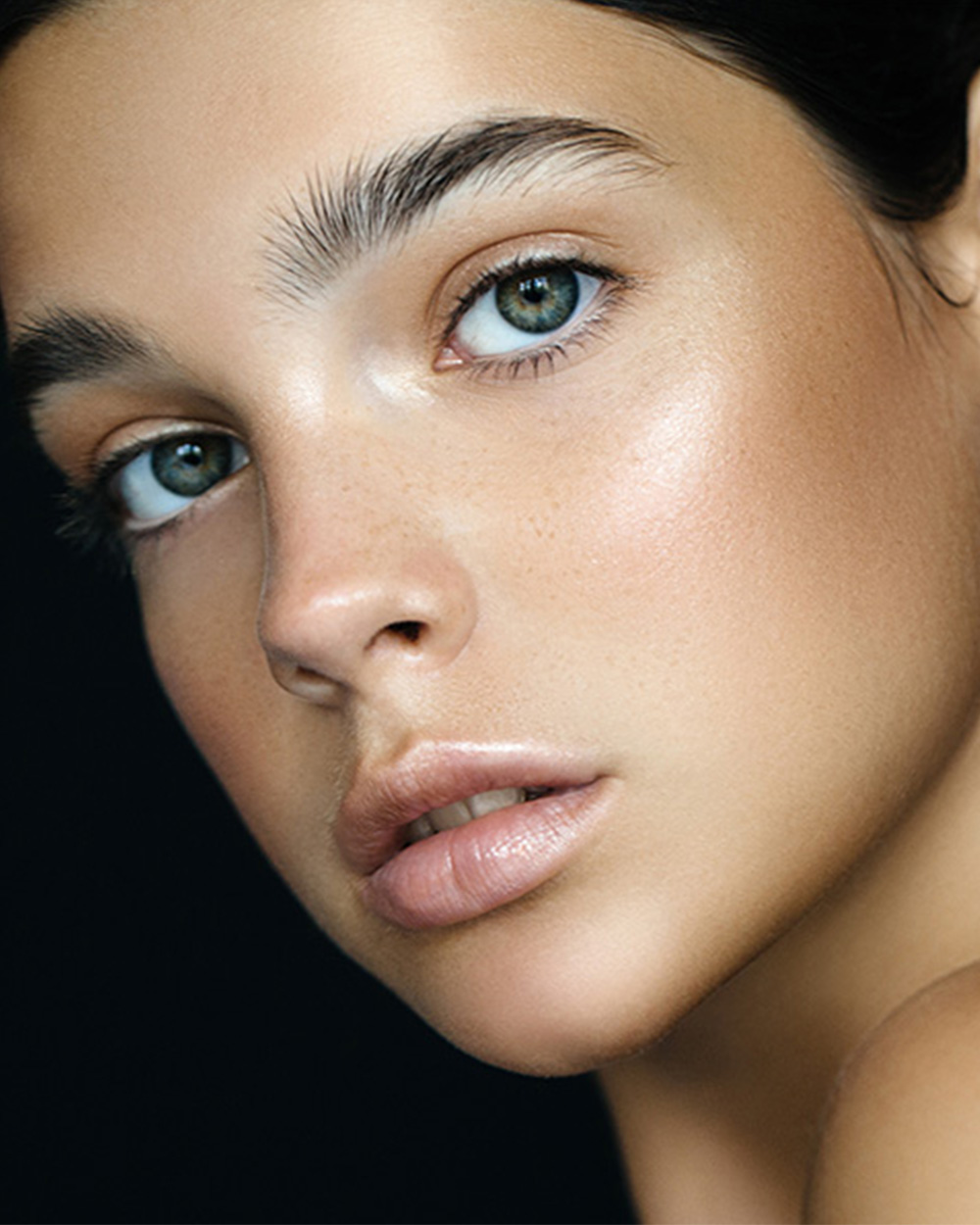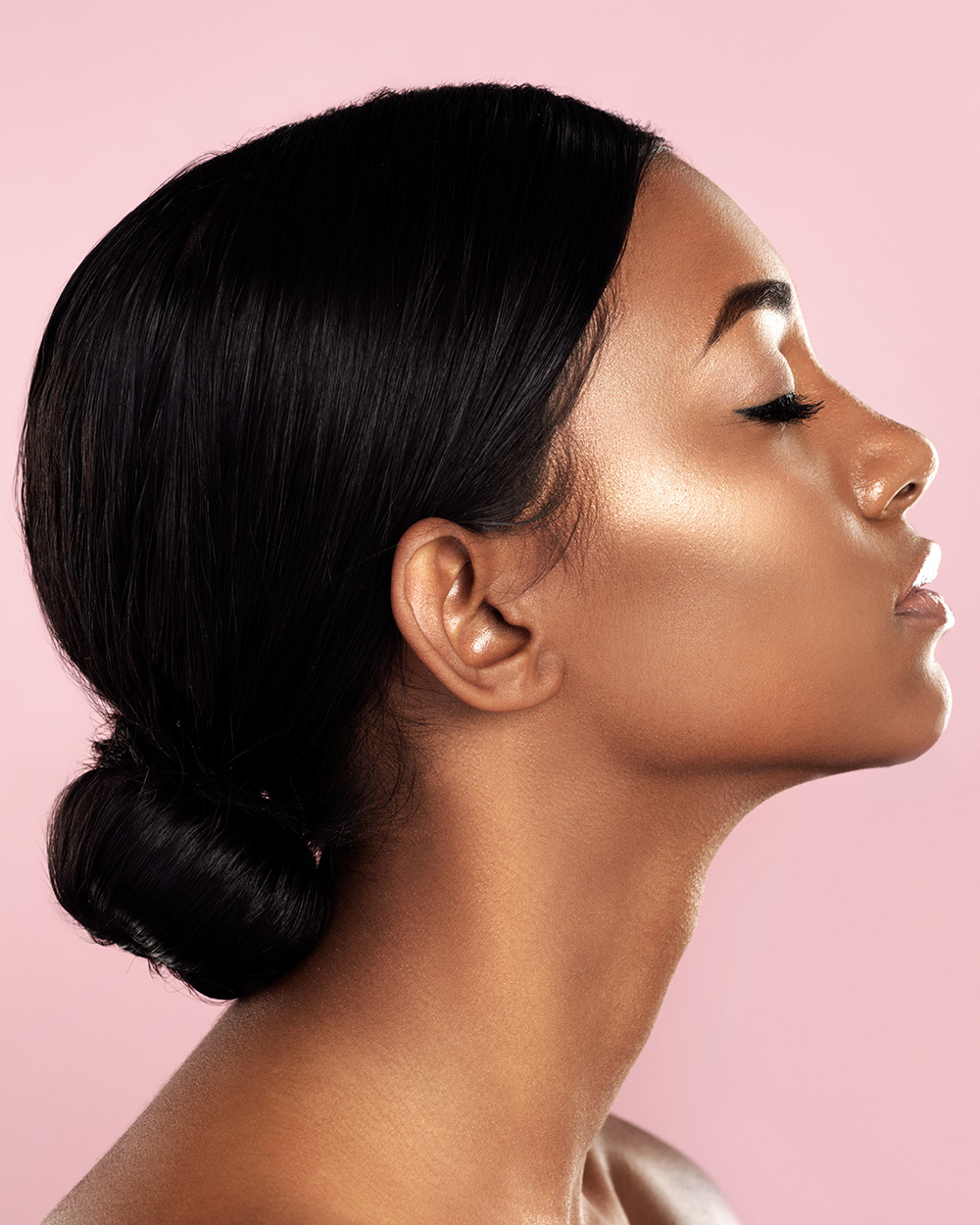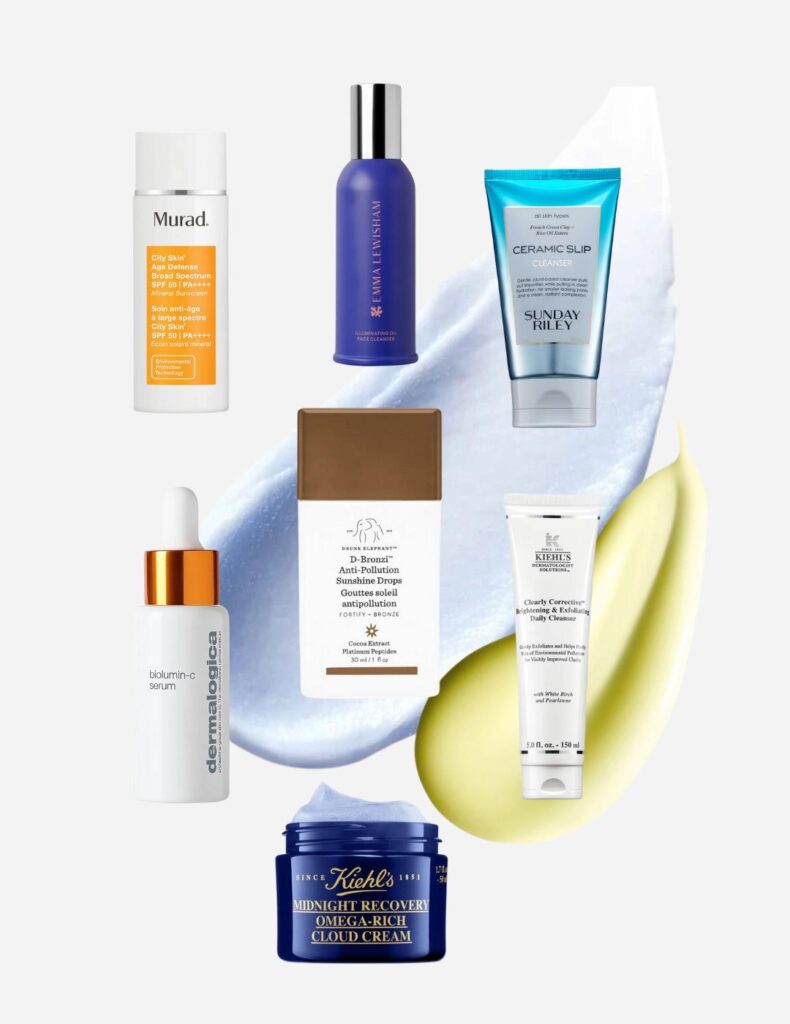Is the skincare product really worth all the rave reviews and your precious pennies?
Termed as one of the only effective ingredients to combat ageing (yes, please!), we explore what makes retinol the gold standard in skincare and why it needs to become part of your everyday beauty routine.
While retinol can sound like an aggressive ingredient and may conjure up images of red-raw skin, it is, in fact, the holy-grail if anti-ageing is on your wish list.
With its ability to exfoliate the skin and promote an increase in collagen production, it really is essential for anyone in their 30s or over who wants to combat fine lines and wrinkles.
What is retinol?
Vitamin A is the name of a group of fat-soluble retinoids which include retinol, retinal, and retinyl esters – the three golden R’s that are designed to support cell growth.
“Essentially, this vitamin is a multi-tasker with its involvement in immune function, vision, reproduction, cellular communication and when it comes to our skin, promoting skin renewal and collagen stimulation,” explains Katy Bacon, education and sales director for Murad Asia Pacific.

Who should use it?
Anyone that wants to combat the signs of ageing would benefit from adding this into their day-to-day skincare line-up.
“Skin renewal and collagen production start to decline in our thirties, hence why fine lines and wrinkles start to crop up over this time. Thanks to the ingredients ability to increase cell turnover and build collagen, it’s an ideal product to be using at night”, Bacon further explains.
Is there an age you should start using it?
It’s said that collagen levels start to decrease 1 per cent per year from the age of 25.
We get that 1 per cent initially doesn’t sound like much so you may be wondering why jump on the retinol bandwagon?
But keep in mind from age 25 to 50 you’ll lose 25 per cent of the collagen your skin needs, so that’s roughly a quarter that your skin is missing out on – yikes!
Plus, retinol is not just good for people in their earlier walks of life as the powerhouse ingredient can help the skin over different decades;
“In your 20’s retinol is great for defending skin while also addressing the first signs of ageing. In your 30’s, this continues aiding in preventing further damage, while the ’40s and 50’s benefit from this ingredient for stimulating cell turn over, collagen production and other age-related concerns”, Bacon further explains.
Keep reading: 20 rules you should be following for younger-looking skin
What is the best way to apply it?
When dealing with an ingredient that is as active as retinol, it’s only natural that there are some conditions attached to be able to get the best out of the ingredient while also ensuring you don’t compromise the condition of your skin.
For this reason, no matter what form of vitamin A you are using and in what formulation, it is best applied at night allowing for it to work it to its best abilities at a time when skin is most permeable.
Bacon also suggests that approaching retinol with a slow and steady approach is best. “I generally recommend retinol products be introduced gradually, starting with a couple of applications a week, before building up to daily usage.”
One of the other most vital points to keep in mind is that using this ingredient can result in the skin becoming photosensitive meaning that an SPF is an absolute must if it’s not already part of your skincare regime.

Are there different types of retinol?
In a nutshell yes, while you will be most familiar with retinol, there are different variations that all fall under vitamin A which is the name of a group of fat-soluble retinoids – these include the likes of retinal palmitate, retinaldehyde, retinyl retinoate and reninyl proprionate which are widely used in skincare products.
Some of these derivatives contain a higher concentration of retinoic acid which produces faster results but are less tolerated on the skin, hence the need to build up your tolerance to them.
While it can be tempting to jump straight onto a high concentration, it’s actually better to opt for retinol-based products which are much more tolerated by the skin – good things take time, girl!
And while we’re out here preaching to you, it’s also worth noting that using retinol can be a game of patience – don’t expect miracles to happen overnight, it’s a process, but one that will pay off in buckets.
Expert advice for using retinol?
Keep your product out of direct sunlight – Vitamin A is extremely sensitive to light so exposing it to too much sun will degrade the product. On this note, the packaging is key – preferable you want your vitamin A products to be in an opaque container and even better, airtight.
Remember, little and lightly is the best approach for vitamin A, yes it may take longer, but your skin will thank you for it – 1-2 times a week is ample, to begin with if you haven’t used this ingredient before.










